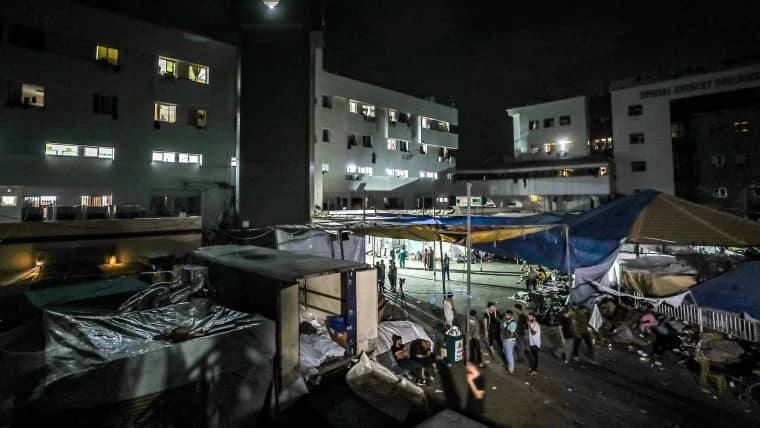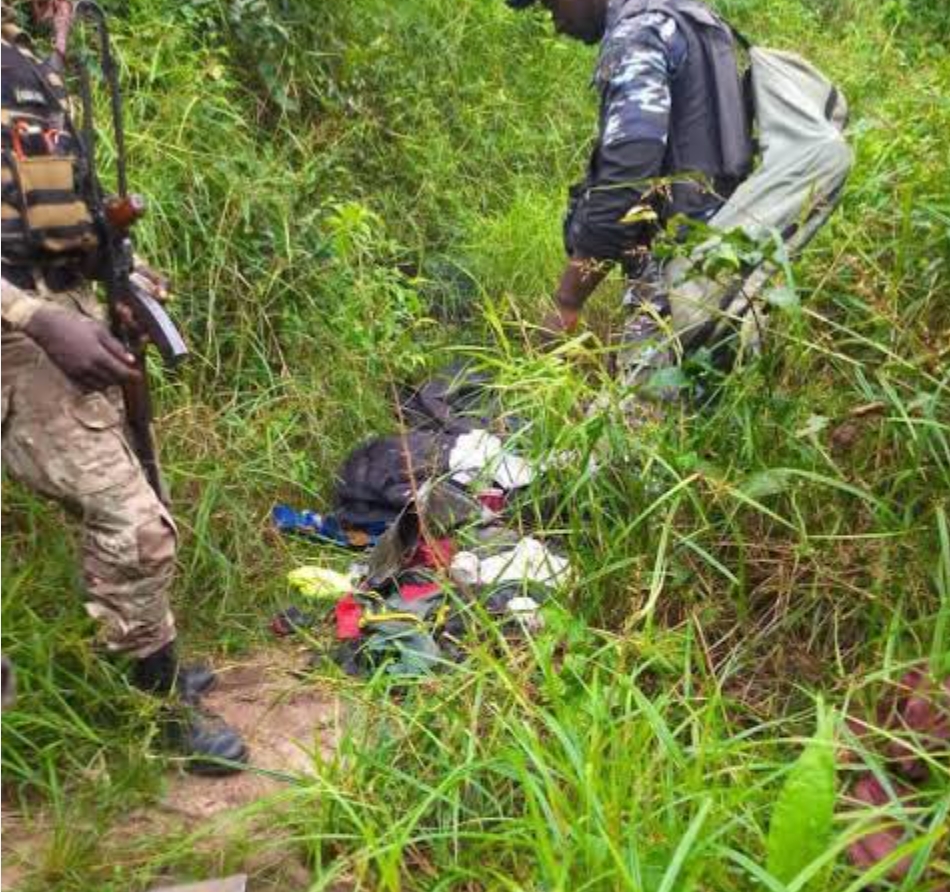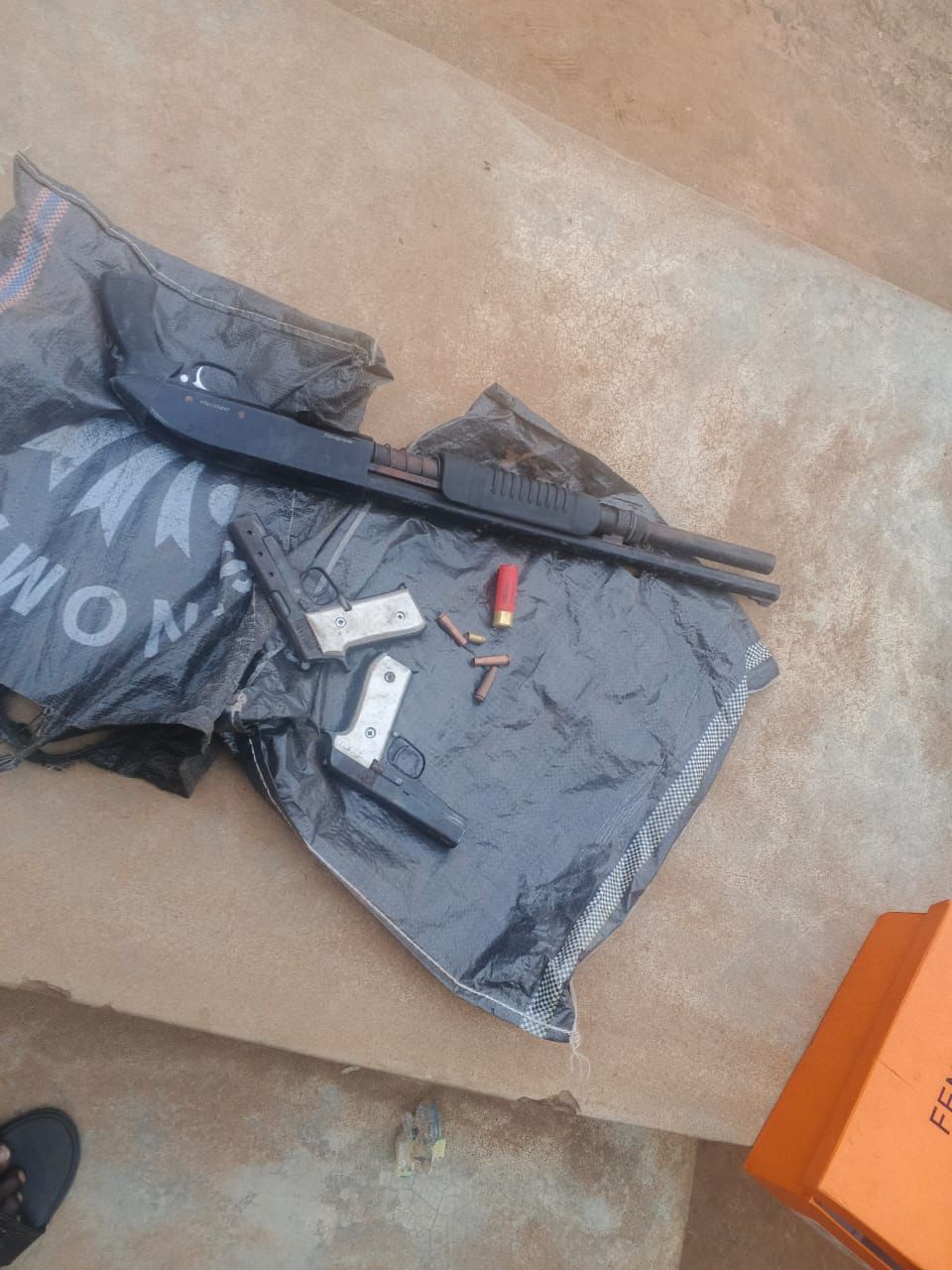Newborns and other patients at Gaza’s largest hospital are dying as power fails and resources run out, according to the Palestinian Health Ministry, which said at least 35 babies born prematurely face possible “death at any moment.” 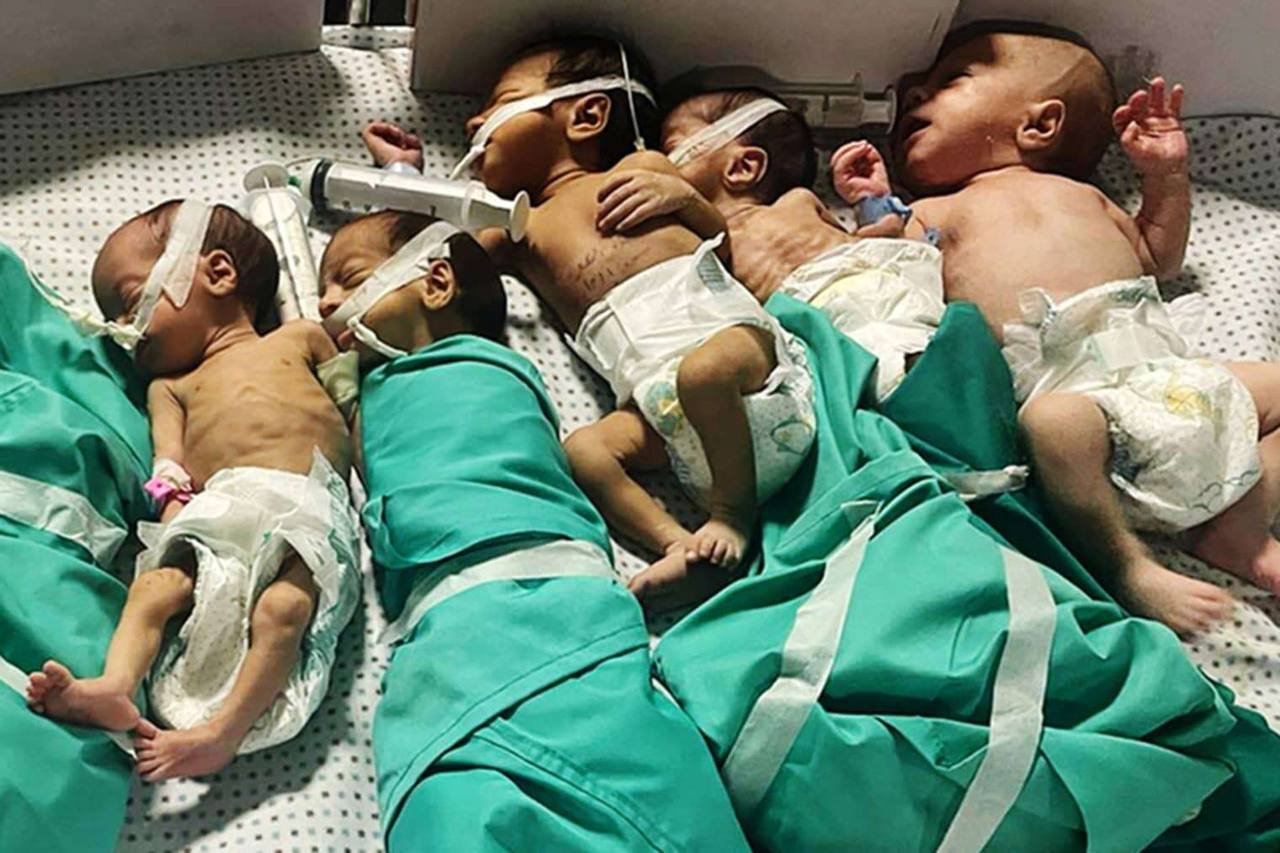 Al-Shifa hospital in Gaza City has been “out of service” since Saturday morning, according to the ministry, as heavy bombardment and intense fighting outside the complex cause power outages amid a fuel shortage.
Al-Shifa hospital in Gaza City has been “out of service” since Saturday morning, according to the ministry, as heavy bombardment and intense fighting outside the complex cause power outages amid a fuel shortage.
The Health Ministry said in a statement that three babies have died over the weekend, as well as more than 10 other patients. Muneer Al-Boursh, the Health Ministry’s general director, spoke about the deaths in a phone interview and confirmed that hundreds of patients were still in the hospital.
Dr. Marwan Abusada, a surgeon at the hospital who is also the head of international cooperation at the Health Ministry, said Saturday that one infant died “because we did not have electricity.” He confirmed the deaths of two more babies Sunday in a phone call.
He said 36 others were at risk: “If they stay in this condition, they are going to all die.”
The challenges for Gaza’s hospitals continue to mount: As fighting has intensified, ambulances have come under fire, power is going out, and dead bodies have piled up in an overwhelming surge of patients.
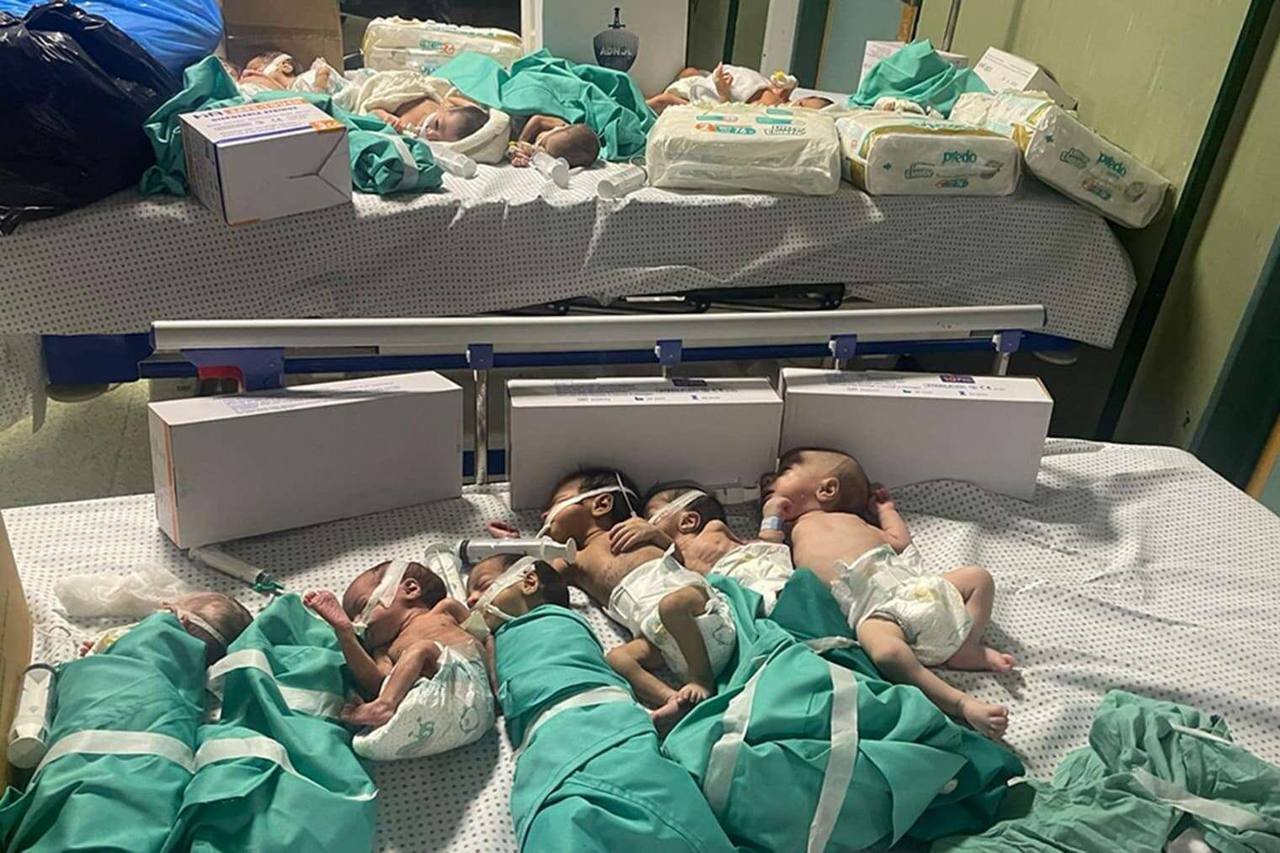
The majority of the enclave’s hospitals are out of service, according to the Palestinian health minister. Al-Quds hospital in Gaza City joined the list Sunday, the Palestine Red Crescent Society said, and it is no longer operational.
The Israel Defense Forces announced Sunday that it would open evacuation routes from Al-Shifa and two other hospitals in Gaza City: Al-Rantisi and Al-Nasr.
In a statement, the IDF said soldiers “opened and secured a passage which enables the civilian population to evacuate, on foot and by ambulances” from the three facilities.
IDF spokesman Daniel Hagari said at a briefing Saturday that staff members at Al-Shifa had
“requested that tomorrow we help the babies in the pediatric department to get to a safer hospital.”
Asked Sunday whether the IDF had assisted hospital staffers in transferring the babies to a safer hospital, a spokesperson said civilians in Gaza were requested to temporarily evacuate to the south of Wadi Gaza,
“to stay away from the areas of most intense fighting.”
Abusada said he was not aware of anyone at the hospital, patients or otherwise, who had left the facility Sunday. He said fighting outside made it impossible.
Dr. Ahmed El Mokhallalati, a plastic surgeon at Al-Shifa hospital, similarly said he was not aware of anyone who had yet been able to evacuate.
Meanwhile, images from Al-Shifa show an increasingly dire scene. Dr. Mads Gilbert, a Norwegian doctor who has worked in hospitals in Gaza for years and is in Cairo, shared a photo that Abusada sent him during a rare moment of internet access.
The image shows babies wrapped in blankets and lined up in rows on hospital beds. At least one appears to have tape on its face, which is usually used to keep oxygen tubes in place.
“The Palestinian doctors and nurses have done everything they can to save their lives,” Gilbert said, adding that he has been in regular communication with staff members at Al-Shifa.
Similar images sent by El Mokhallalati, meanwhile, also show babies lying side by side with tape and tubes attached to their faces. He said those in the neonatal unit had to be taken off incubators that could not be kept running. To keep the infants warm, El Mokhallalati said, doctors moved them to a temperature-controlled operating room.
“We know this is very risky, as they have very high chances of going into infection and sepsis,” he said.
El Mokhallalati said Al-Shifa has become “a war zone,” with vital resources dwindling, including food and water.
“We are eating the last remaining food cans,” he said.
In recent days, doctors at Al-Shifa have reported sounds of bombardment and fighting around the facility.
Speaking by phone Saturday, Abusada said the people inside were terrified.
“It’s horrifying for the patients and for the staff and for all the people who are in Shifa,” he said.
A large blast could be heard over the phone. “Do you hear the bombardment? Do you hear that?” Abusada said. “Every minute we hear like that, so it is horrifying.”
Hagari confirmed that intense fighting has taken place around the hospital but denied that the IDF has attacked Al-Shifa.
He accused Hamas of choosing “to fight precisely near” the facility and of “committing a war crime in its use of hospitals.”
The Israeli military has maintained throughout the conflict that it does not target civilians. It alleges that Hamas hides in tunnels under Gaza hospitals, including Al-Shifa — allegations that both Hamas and hospital workers have denied.
El Mokhallalati said he felt that those in the hospital were being made to suffer: “You can’t punish everyone at Al-Shifa,” he said.
Prime Minister Benjamin Netanyahu said Sunday on NBC News’ “Meet the Press” that Israel offered fuel to the hospital the night before but that it was “refused.”
The IDF said in a statement that it had placed 300 liters of fuel “for urgent medical purposes” at the entrance but said “Hamas prevented the hospital from receiving the fuel.” Hamas sources in Lebanon could not immediately be reached for their responses.
Abusada said the hospital refused an offer of 200 liters of fuel because it was not enough — at least 10,000 liters per day would be needed to run vital parts of the hospital.
“It was just 200 liters,” he said. “What to do with 200 liters?”
Retrieving the fuel would have required venturing outside, which Abusada has said is not safe and in addition to the evacuation routes from the hospitals, the IDF said the humanitarian corridor to southern Gaza that it has opened daily was available again Sunday.
It also announced a six-hour “temporary tactical cessation of military activities for humanitarian purposes” in the areas of Jabalia and Ezbet Mlin to allow the entry of supplies.
Tens of thousands of people have fled northern Gaza, including from Al-Shifa hospital. But doctors there said it has not been possible to evacuate patients with serious conditions and injuries.
In a message sent over WhatsApp, El Mokhallalati said he fears for the newborns at the hospital.
“We are expecting to lose more of them day by day,” he said.


